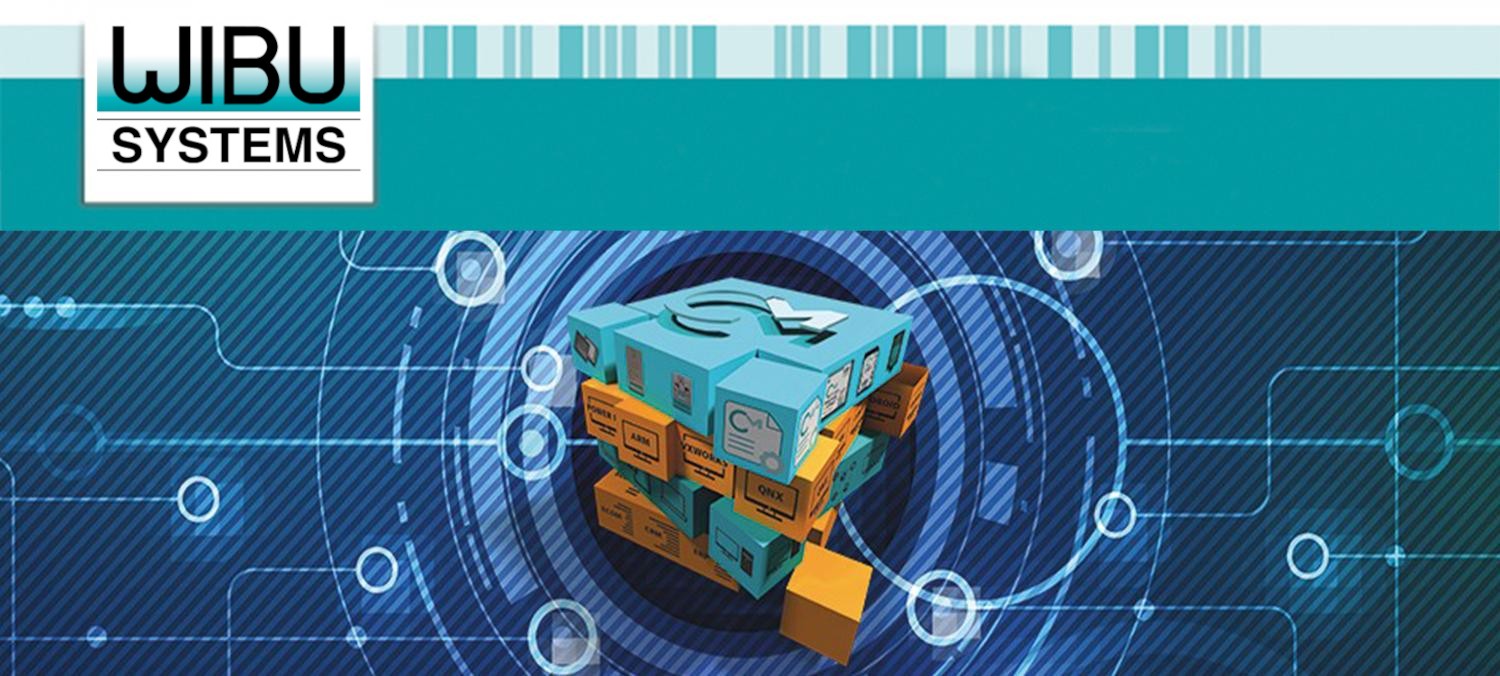A critical mandate for a hybrid workforce: Flexible software licensing

The beginning of a new year is always the time for predictions, particularly in the cyber security field. CIOs, CSOs, and enterprise executives around the globe are scrambling to fortify their infrastructure against the coming wave of new cyber threats to their networks and data. Where will the next chanllenges come from? Who will be the targets? What will be the new wrinkles to the clever mechanisms by which the cyber criminals will engage their corporate prey? Predictions and opinions abound, and it is not difficult to get caught up in the dramatic discussions of the increasing attack surfaces on business networks, potential vulnerabilities, and criminal access to private data and threats to the connected industrial networks driving critical infrastructure in Industry 4.0.
There seems to be at least one commonality in all the cybersecurity discussions: there is agreement that security becomes more complicated with a mobile workforce. The mandated lockdowns in the public and private sectors during the initial stages of the Covid-19 pandemic in 2020 gave rise to the home worker, a necessity that employees began to readily embrace as they enjoyed the benefits of reduced commutes, more family time, and a flexible work structure. As lockdown restrictions eased as the pandemic seemingly scaled back in 2021, there was much uncertainty whether workers needed to go back to the office to fulfill their work requirements. Hence the hybrid work scenario took hold, as workers demonstrated that they could balance their work hours between the home as well as the office. Later in the year, the emergence of the Delta variant, and now the Omicron variant, has once again instilled a level of fear, uncertainty, and doubt as to the safety of the traditional corporate workplace in 2022.
No one can predict where the Covid-19 virus will take us, but I think most would agree that at the very least, the hybrid work model is here to stay, and the key consideration is what will be the appropriate balance between working at home or the office.
For an ISV, this new reality brings the nuances of software licensing into focus. It is now essential to have a flexible licensing system that enables a mobile workforce to access their software licenses wherever they are, at home or in the office, and whenever they need them, and do so securely. You can imagine many scenarios in the hybrid business transformation. Consider the employee who may work in the office 2 days per week using a desktop computer and from the home office for the remainder of the week on a laptop. How do they obtain the required license in the home office if it is bound to the computer at work? Or multiple employees who typically share an expensive software package by passing around a dongle containing the license – how can that work when they are all in their remote offices?
For decades, software licensing has been associated with hardware and software-based solutions. Today, a cloud-based license management systems is a logical solution, and one that Wibu-Systems has developed in conjunction with our CodeMeter licensing and protection technology.
In brief, the CodeMeter Cloud solution comes with access to a highly secure server in the cloud, operated by Wibu-Systems. Licenses for the software, protected with CodeMeter Protection Suite using an array of encryption and authenticity tools, are created and delivered through CodeMeter License Central, the cloud-based database derived solution for license creation, deployment, and management. CodeMeter Cloud can interface with ERP, CRM, and e-commerce systems via CodeMeter License Central to streamline license administration tasks within the back-office workflows. Licenses are stored in CmCloudContainers, special containers that remain on the CodeMeter Cloud server. As such, users can access them from anywhere without the need for local containers. To do so, CmCloudContainers are protected by encrypted credentials that are saved locally, and that are checked against the cryptographic keys stored in the cloud and used to verify the license’s validity. How often and at which level such authentication requests are made can be configured as fine-grained as required.
From an operational standpoint, ISVs can either assign licenses to CmCloudContainers via a web application or integrate this process into their own workflow and rely on CodeMeter Cloud Dashboard to issue and manage the set of credentials. Licenses can be updated, renewed, or deleted in the cloud by the software publishers at any time; the end users would simply find the new or updated license ready for them in the cloud. In a network usage context, any unused license purchased by a customer would be immediately available to any of their users, as it would be released automatically as soon as another user has stopped using it.
If you are considering moving to a cloud-based license management system, I invite you to learn from our direct experience from the last two years. Here are some resources you can view to see how you can get started: on-demand webinar 50-Shades-of-Cloud-Licensing, KEYnote article Portable Licenses in the Cloud, and whitepaper Silver Linings: Licensing in the Cloud.




